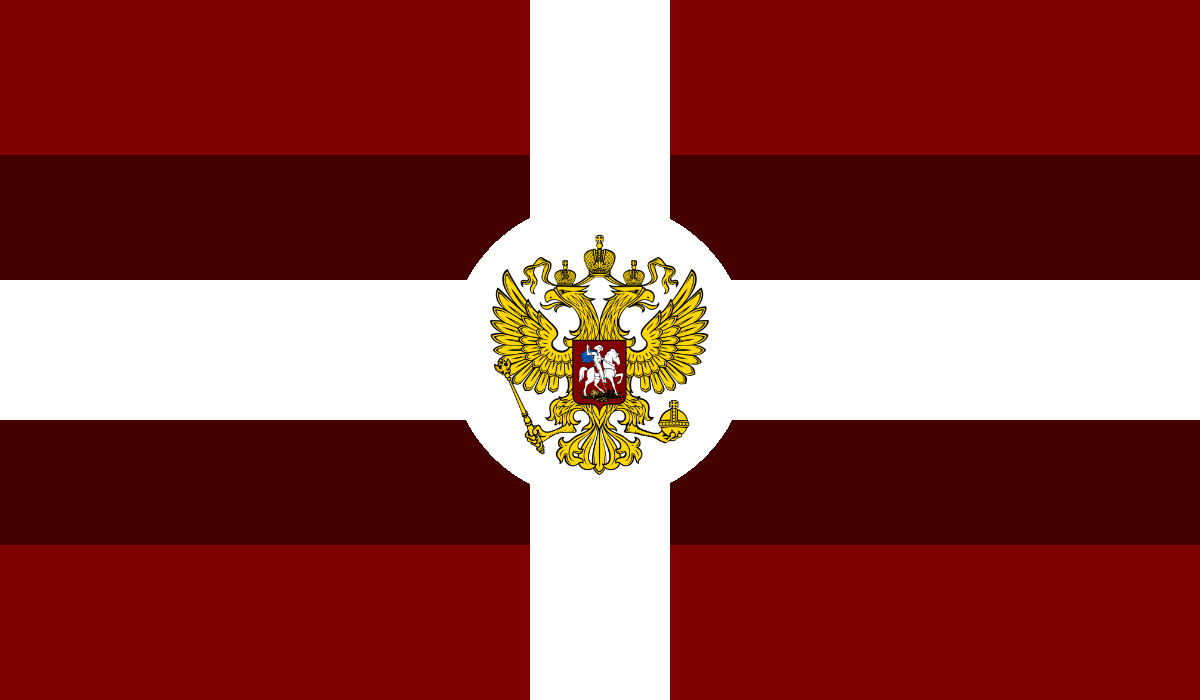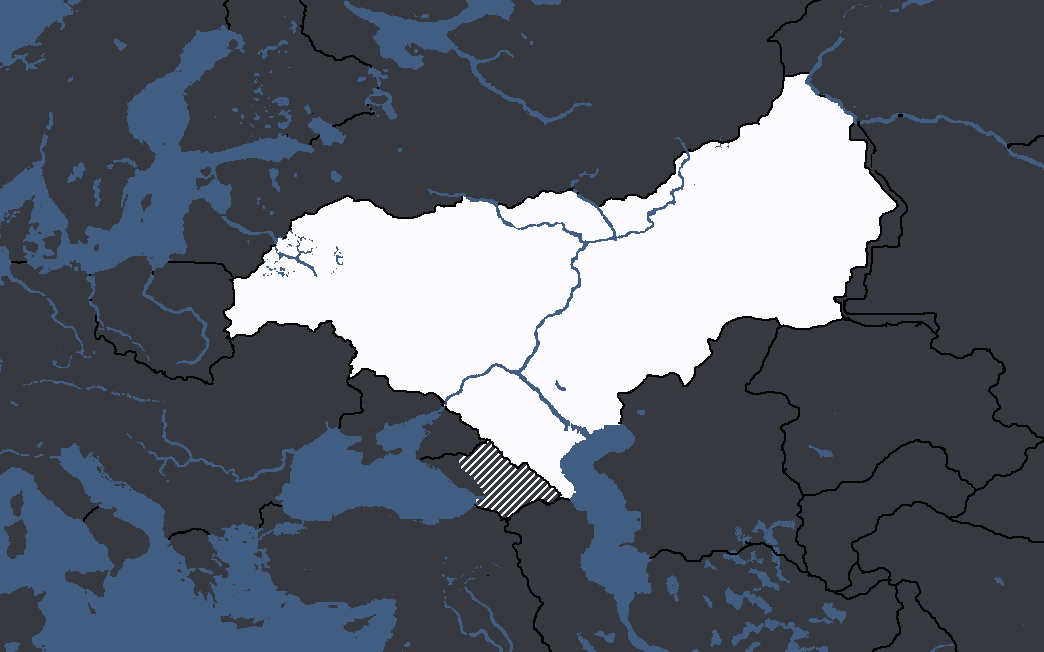Kingdom of Tritonia
| Kingdom of Tritonia | |
|---|---|
  | |
| General Info | |
| Official Name | Kingdom of Tritonia |
| Common Name |
|
| Capital City | Mylonagrad |
| Demonym | Tritonian |
| Politics | |
| Government | Unitary Constitutional Monarchy under a Socialist Government |
| Ideology | Tritonian Communism |
| Head of State | Aldren II Tremar (Final ruler) |
| Legislature | Chambrodo (Unicameral) |
| Official Language(s) | Rumynskye |
| State Religion | Secular |
| Demographics | |
| Species | Majority Human |
| Minority Languages | Russian, Turkish |
| Major Religions | |
| Assets | |
| Other Assets | Laser Tower Array |
| Geography/Astrography | |
| Planet | Yata |
| Continent | Eurasia |
| Historical Info | |
| Founded | 34 CE |
| Dissolved | 204 CE |
| Succeeded by | |
| Other | |
| Created by | Peter |
| Controlled by | Peter |
The Kingdom of Tritonia, commonly and simply known as Tritonia, was a sovereign country in Eastern Europe and Far-western Asia. It included almost all of the Ruthenia region of Europe as well as the Ural Mountains and the Caucasus. At the time of its dissolution, it bordered Luvakhia and Yamalia to the north, Mylatsk (which was a buffer state with Lineland) to the east, Sizzle and Wheatistan to the southeast, Apothelis and Sarpistan to the south, Yetia and Mephisinia to the southwest and Poland to the west.
At the time of its dissolution, Tritonia was a constitutional monarchy with a democratic parliament dominated by the Communist Party. Tritonia followed a special school of communism native to itself, which was noted for being very liberal in comparison to other, more traditional forms of the ideology. Governments were formed from the largest party in the Chambrodo, the unicameral legislature of Tritonia, after being elected every 6 years.
Although Tritonia was founded in the Balkans, a nationwide focus known as the "exodus" policy had propelled it's eastward expansion to the Linelandic border, closer to the original homeland of the Tritonian people. As a result, it's western territories as well as its former capital, Palladia, were abandoned to Yetia. This has led to an ongoing dispute within the country, with people supporting the policy of "re-exodus" to reclaim lost lands in the west clashing with the exodus supporters, as well as separatists in East Tritonia. Its expansion has meant that the capital has moved eastward too, having progressed from Palladia to Tritonia City to the final capital in Mylonagrad. As a result of the aforementioned separatism, tensions have risen in the country as paranoia that the government will abandon Tritonia City at some-point in the future has grown, especially since the Luvakhian occupation which marked the first time since 34 CE in which the country ceased to exist as a state. Ultimately, this happened again in 204 CE, with the country splitting into the states of Belarus, Carbon, Red Ruthenia, Rusia, Bashkortostan, Kalmykia and it's successor state Mylonagrad. These disparate states later reunified into the Tritonian Confederacy.
Tritonia has been, at times, one of the most powerful and influential states in the world. This owes to Quatritonia, an embodiment of Tritonia that arose from the ruling of the Tritonian Nationalists. The times in which Quatritonia was the dominant power in the country marked times of great expansion, and at one point Tritonia was the largest country in the world as a result. Nowadays, it plays a laid-back role in world affairs, typically not being involved in many wars, contrasting with its warmongering past.
Tritonia had one of the largest economies, and with a population of 145 million, was classified as a self-sustaining state. Tritonia traded with neighbours for products typically not made inside the country, and as a result food imports were low. It's success with self-sustainability can be owed to the lush floodplains of the Caspian Sea, which is one of the most efficient food producing areas in the world. Tritonia was also well known for its technological advances, and was especially known for perhaps it's most infamous invention - the laser relay. Tritonia had declared ownership of a shared nuclear arsenal alongside its neighbour and perhaps its greatest ally Apothelis, but these nukes have only ever been mobilised during a Quatritonia "phase." Tritonia had a high-income economy, and also one of the highest HDIs in the world, and cities like Mylonagrad were (and still are) renowned worldwide for their quality of life.
Tritonia was a member of the UN, a worldwide organisation of nations, which happened to be based in its capital, Mylonagrad. Tritonia was also a member of the Intereurasia Railway Organisation and the Rus Alliance, which it chaired.